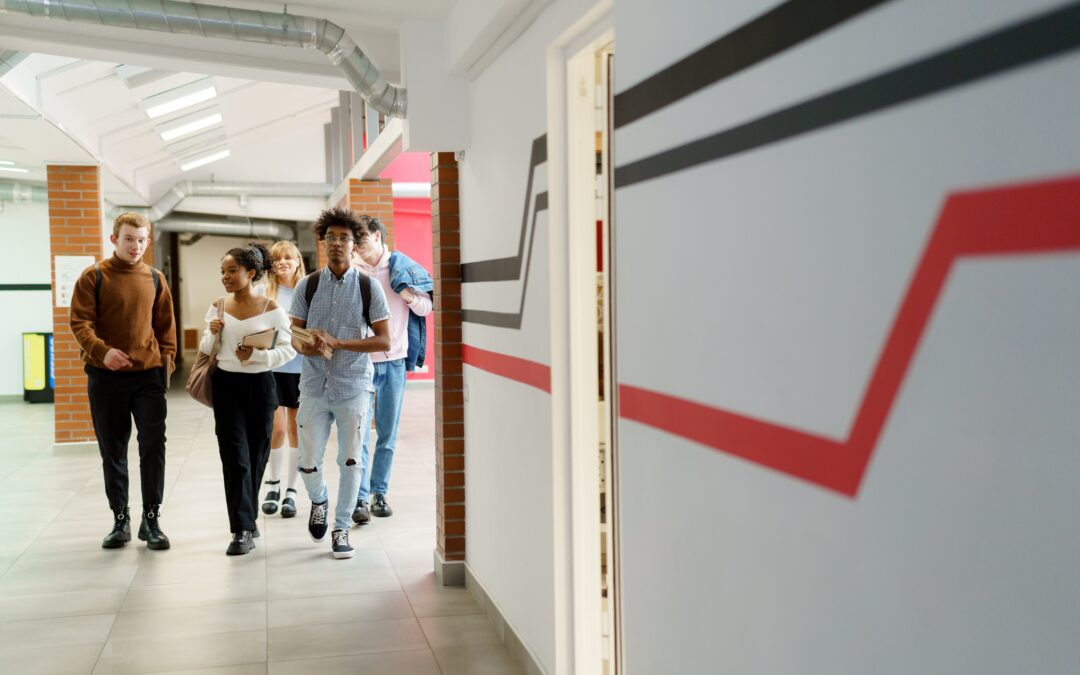The College Transition: Part 1
What Students Wish You Knew
As the saying goes, “hindsight is 20/20.” Each phase of parenting can feel like an entirely new chapter. While it’s exciting to start fresh, sometimes we wish we had the insights of a veteran who has been through it before to save time, stress, and headaches.
In my work as a coach of autistic young adults, I have the opportunity to attend trainings and webinars across the industry. This spring, I attended a particularly insightful webinar on Autism Transition presented by the staff at Clemson University’s Spectrum Program (CUSP). The webinar included panels of CUSP students and parents and representatives of the Clemson University disability services office. Each group talked about lessons learned through the college transition process. I’m going to highlight some key themes from those panelists and small steps that you can take today to improve the college transition for your student.
Instead of waiting for hard-won hindsight, their advice might help you navigate this transition smoothly the first time around.
Let’s begin:
What current college students wish their parents knew….
#1: “I wish my parents gave me more independence before college.”
The high school years go by so fast and it feels like our last chance to impart all of our worldly wisdom on our children. It makes sense that the natural inclination is to hold them tighter before they venture out in the world. Fight that urge.
Instead of holding on tight, college students wish they had MORE independence during their pre-college years. Of course, there will be dilemmas and dramas, missed curfew and fender benders. But wouldn’t you rather those things happen when they are still under your roof?
Paradoxically, giving high schoolers more independence can make them feel more supported when things go wrong. You are still right there are the kitchen table, ready to support and encourage them. Instead of taking over and solving the problem you can provide guidance and advice as they solve the problems themselves.
One small step:
Give your student one additional freedom – let them watch the movie, keep the car out an extra hour or go to the concert. Watch them navigate this unexpected chance. Be there to support and solve, not judge, if things go wrong.
#2: “I wish I knew how to advocate for myself better.”
From birth, it’s our job to advocate for our children. We take them to pediatrician appointments to check their growth as babies and we fight for resources and staff in schools so they can learn effectively. So it’s no wonder that it’s hard to pull back and let them advocate for themselves.
Ultimately, we want to raise children who go on to live successful and independent lives. And at some point, we won’t be there to advocate for their needs, so they need to learn to vocalize their needs at the right place and the right time.
One small step:
Talk about self-advocacy with your student. This way, it won’t come as a shock when you take a step back. Decide together what is one area that your student will be their own advocate and let them practice this skill. It can be as simple as making their own doctor’s appointments, talking with a teacher about a class they are struggling with or navigating family dynamics on their own.
#3: “I wish I knew how to keep myself organized.”
If you hate clutter, this might be the hardest for you. Close the door and walk away. In college, you won’t be there to find the soccer jersey or replace the calculator batteries. Students at the Clemson panel wish they had a chance to keep themselves organized before they got to college when they are navigating campus life at the same time.
One small step:
Pick one area – room, car, backpack, or their schedule of extra-curriculars – that will be your child’s responsibility on their own. Share the expectations and then walk away. Let them find the strategies that work to stay organized, whether it’s a cubby system or a to do list or a calendar app on their phone.
Next in the series, we’ll talk about what fellow parents wish you knew to prepare for the college transition.

